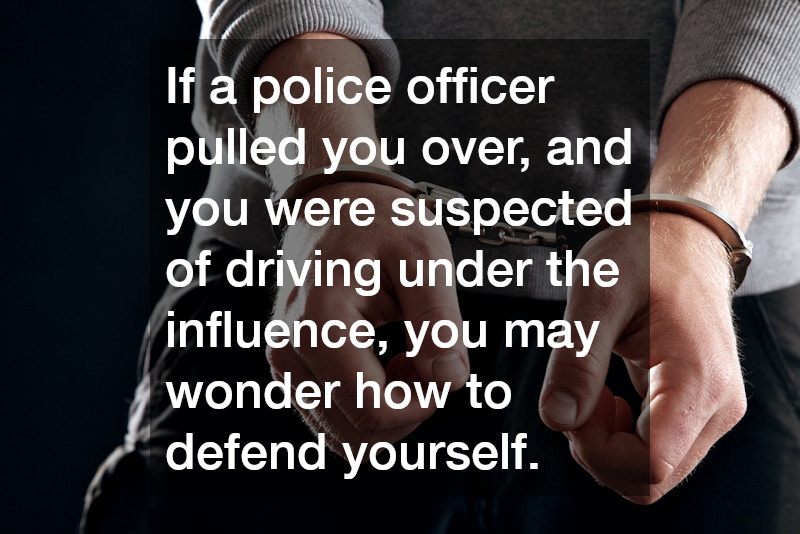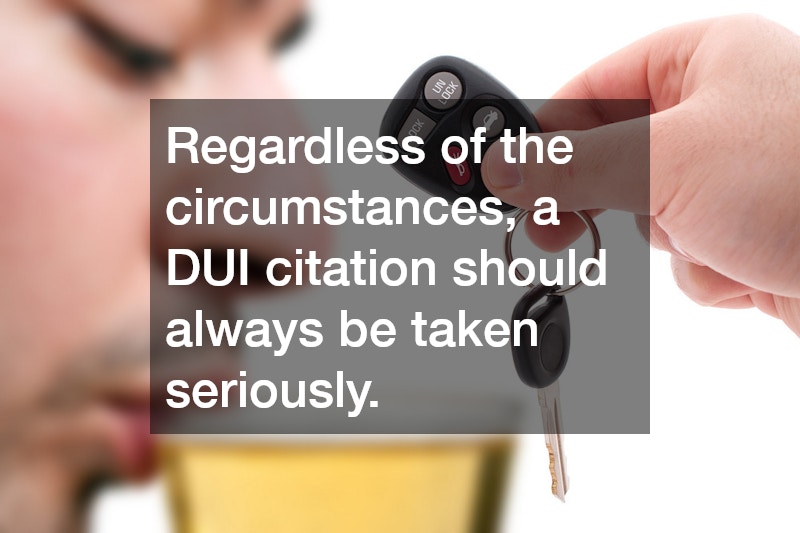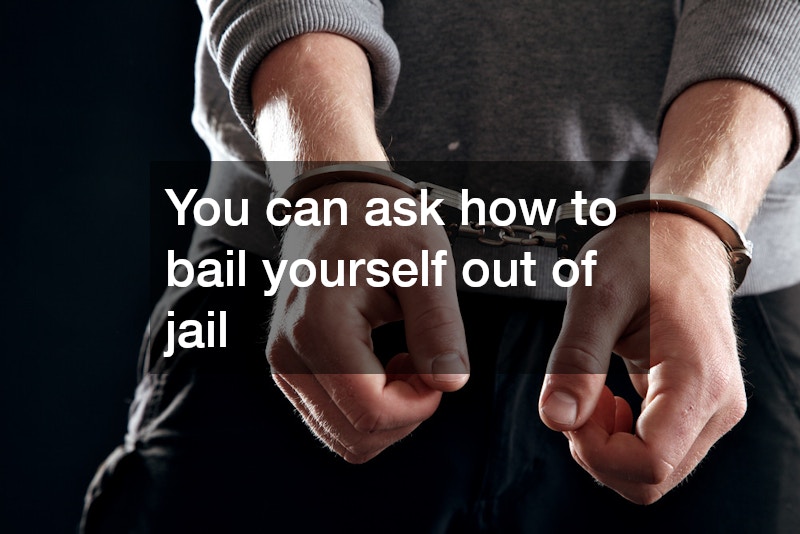I’ve Been Arrested For A DUI Who Can Help Me?


If a police officer pulled you over, and you were suspected of driving under the influence, you may wonder how to defend yourself. According to Forbes Advisor, you’ll need help from a criminal defense lawyer with experience in DUI cases. Your best course of action may be to consider a DUI Diversion program. Those programs are typically only offered to first-time offenders and will provide counseling and treatment to prevent future arrests.

You might wonder, “Can you get a DUI and not get arrested?” According to Avvo, that may be possible while the authorities are waiting for the results of a blood alcohol test. If you are charged, be sure you arrive on time for your court appearance. Depending on the circumstances, you may still be charged with a DUI but not taken to jail.

Regardless of the circumstances, a DUI citation should always be taken seriously. According to Forbes Advisor, if you are convicted in court, you will probably lose your driver’s license for at least a few months. Entering a DUI diversion course or other type of treatment program may help reduce the penalties you will be given.
If you’ve been arrested for DUI, you’ll want to get out of jail as soon as possible. Many people have questions about how to work with bail bond agents so they can get released. You may wonder, “How long does it take to post bail?” Obtaining funds you need for bail will depend on your financial resources or the resources of your family and friends.

If you have enough money to pay the amount that the bondsman requests, you can ask how to bail yourself out of jail. If you have the total cash amount of the requested bail, you can pay it to the court to be released from custody immediately. You can get bail through bail bondsmen if you have at least 10% of the bail. If you need further advice, you should contact a criminal lawyer.

You may wonder how to find bail amount if you don’t have enough money to post bail. Most people will ask their family or friends to post bail. Your next question may be, “How long after you post bail are you released?” According to FindLaw, you may be released within 30 minutes after bail is posted, but it can take up to four hours.

Driving under the influence of alcohol or other substances can be a dangerous mistake. The process of being arrested and charged is scary and costly. That’s why a DUI lawyer can be such a valuable resource in these situations. A lawyer can educate you on your state’s unique laws and help minimize the odds of receiving heavy penalties for your conduct. Be safe on the roads, and if you ever find yourself wondering, “Can you drive buzzed?” keep in mind that a blood alcohol content (BAC) over 0.08 is illegal while driving in most states. 0.08 BAC is equivalent to 3-4 drinks for an average-sized person.
In some situations, you can get a zero-tolerance DUI even if a driver not legally drunk is, meaning if they have a BAC higher than 0 but lower than 0.08. This generally applies to those under 21. Sometimes, if a driver’s BAC is just slightly over the limit, they might be charged with general impairment vs DUI. How much jail time for a DUI warrant depends on the state and circumstances, but it will never exceed a year. Between one and 90 days is standard.

Have you been arrested for a DUI? It’s imperative you learn your DUI laws by state. The United States is home to a variety of different laws and standards depending on where you live, meaning something that can come to term in Washington might have a different result in California. The prevalence of drunk driving, in particular, means many are still confused about the results of their accusation when they go to court or attempt to pay a fine when caught driving under the influence. Continue reading to learn more about DUI laws by state, general criminal law and why you should contact a DUI attorney.
Definition Of Drunk Driving
Before we go into the DUI laws of state, let’s narrow down exactly what drunk driving entails. A ‘DUI’ (short for driving under the influence) is issued when a driver is caught with a certain amount of alcohol or illegal substances in their system — for example, the BAC limit (blood alcohol content) in Ohio is .02% if you are under the age of 21. Some states, however, use the acronym OVI (operating a vehicle under the influence). The consequences of drunk driving are far-reaching, ranging from fines to jail time depending on severity.
Consequences Of Drunk Driving
There are many different consequences that can happen when you drive under the influence, much of which depend on the nature of the crime, your previous record and the particular DUI laws by state. A DUI offense in Ohio can result in license suspension for as long as three years and as short as six months. If you are convicted, you may have to pay a fine ranging from $250 to $1,000. A first-time offender will normally require a license reinstatement fee of $450 or so. Repeat offenders may need to have a breathalyzer system installed in their car to prevent future occurrences.
Drunk Driving Technology
Technology continues to evolve in an attempt to curb the destructive consequences of driving under the influence. Breathalyzer tests are used to assess whether or not a driver has a certain amount of alcohol in their system, while a urine test can be administered under probable cause. If you are facing DUI charges, your DUI lawyer will analyze everything from videos to contact witnesses in order to fully address your unique case. Long-term consequences can include, but are not limited to, reduced employment opportunities, a suspended car and a suspended license.
Long-Term Issues
A DUI that goes through court will leave you with a criminal record that can affect your employment prospects, ability to obtain loans and general future opportunities. It’s estimated over one million people in Ohio (that’s about one in every seven licensed drivers) has at least one conviction of driving while impaired. Overall, 45,000 people in Ohio have five or more OVI convictions according to ongoing surveys by the Ohio Department of Public Safety.
Contacting An Attorney
If you have been arrested for driving under the influence, your first step is to assess your DUI laws by state and meet with a drunk driving attorney. With the possibility of losing your license, paying fines and even facing jail time, it’s important to use the resources at your disposal to reach a fair conclusion. Your attorney will gather different sources of evidence, such as witness testimonies and previous records, in order to present them to court on your behalf. Even with a blood alcohol content test you are still able to challenge the results, in some cases. Before you get started, contact a DUI attorney in your local law firm and see how they can help you.
